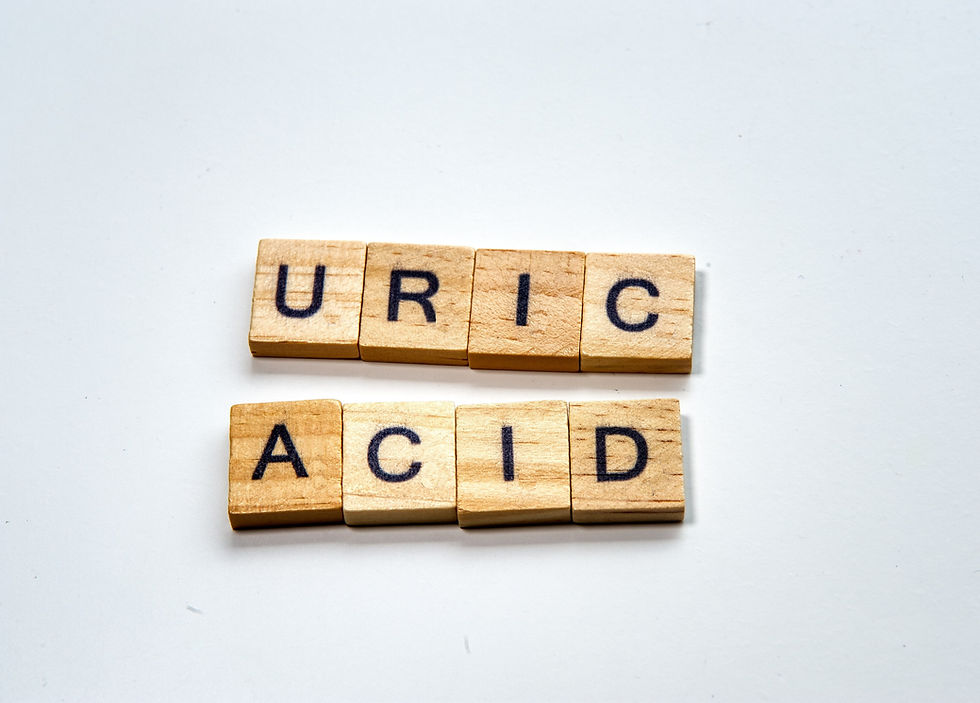Harnessing Probiotics for Weight Management: Insights from Recent Research
- Yoona

- Mar 16, 2023
- 2 min read
Exploring the Potential of Bifidobacterium lactis IDCC 4301 in Obesity Control

Probiotics, traditionally known for gut health, are now being recognized for their potential in managing weight. A groundbreaking study, "Bifidobacterium lactis IDCC 4301 Exerts Anti-Obesity Effects in High-Fat Diet-Fed Mice Model by Regulating Lipid Metabolism," provides new insights into this aspect.
The study focused on Bifidobacterium lactis IDCC 4301 (B. lactis IDCC 4301), a probiotic strain, and its effects on obesity in mice fed a high-fat diet. This research is pivotal in understanding how probiotics can influence lipid metabolism, a key factor in obesity.
B. lactis IDCC 4301 was selected for its potential anti-obesity effects, demonstrated by its ability to inhibit pancreatic lipase activity and reduce cholesterol. The study then explored its role in lipid metabolism using preadipocytes and a mouse model.
In the 3T3-L1 preadipocytes, B. lactis IDCC 4301 significantly inhibited lipid accumulation and adipocyte differentiation. This was further confirmed through the analysis of proteins involved in adipogenesis, such as PPARγ and C/EBPα. These results suggest a direct impact of B. lactis IDCC 4301 on the early stages of fat cell development.
The mouse model provided more comprehensive insights. Mice fed a high-fat diet and treated with B. lactis IDCC 4301 showed a notable reduction in body weight and adipose tissue accumulation compared to the control group. This was accompanied by improved serum lipid profiles and a decrease in adipocyte size, indicating a holistic effect on obesity markers.
Moreover, the study revealed that B. lactis IDCC 4301 impacts serum biochemical markers, suggesting its potential in mitigating metabolic syndrome associated with obesity. The probiotic treatment led to lower levels of AST and ALT enzymes, indicators of liver health, and a reduction in total cholesterol and LDL cholesterol levels.

Interestingly, metabolomic analysis pointed towards 2-ketobutyrate as a key compound in the anti-obesity effect of B. lactis IDCC 4301. This metabolite's elevated levels in treated mice suggest a novel mechanism through which this probiotic strain might exert its beneficial effects.
In conclusion, B. lactis IDCC 4301 emerges as a promising probiotic for obesity management. This study underscores the need for further exploration into probiotics' role in weight control and their potential integration into dietary strategies.
For those interested in exploring probiotic solutions and cutting-edge research in this field, visit Ildong BioScience, a leader in developing probiotic and health-related products.


